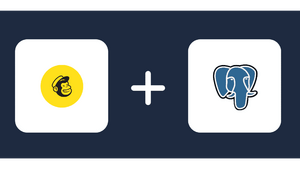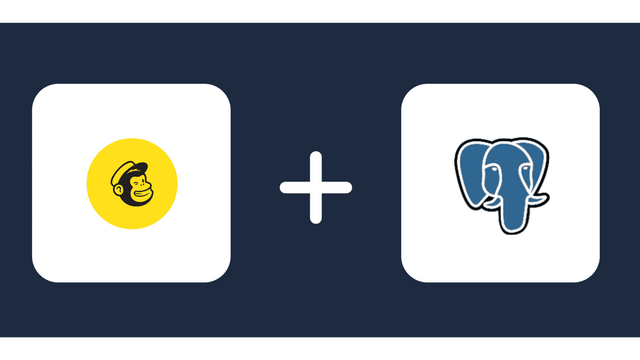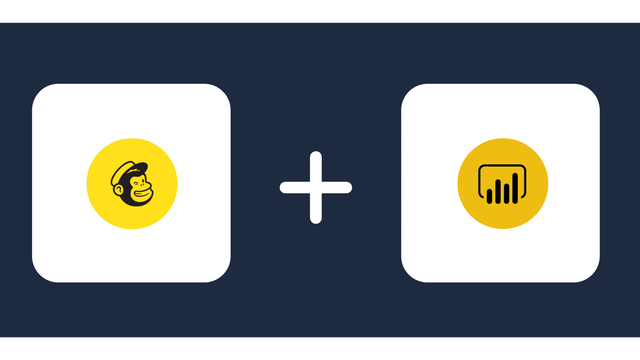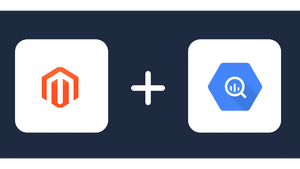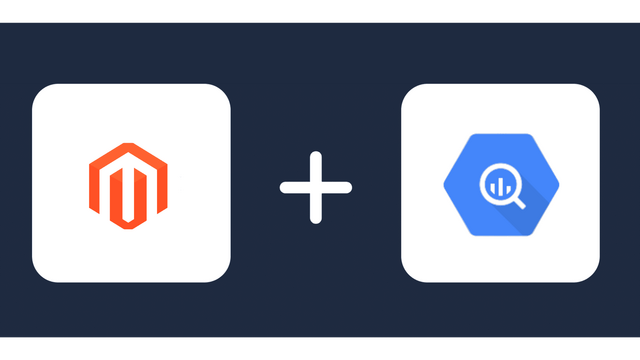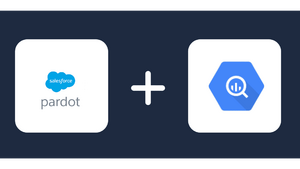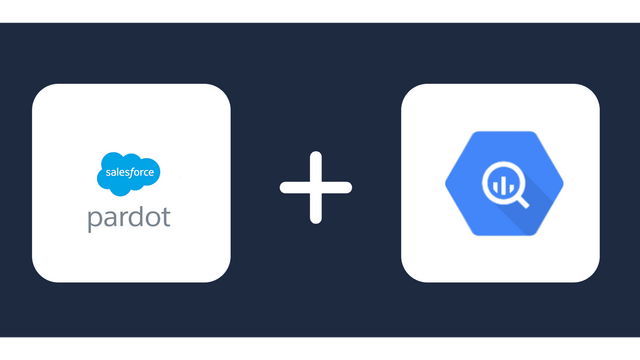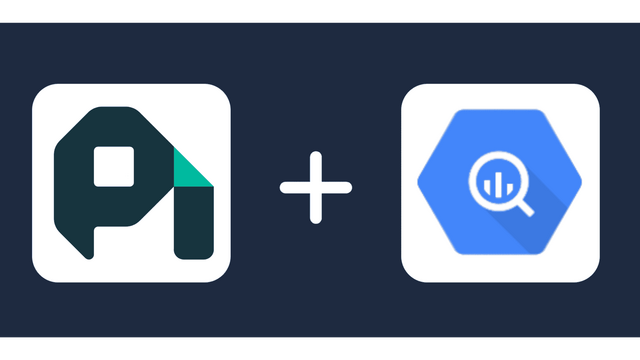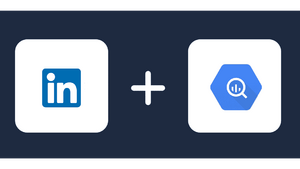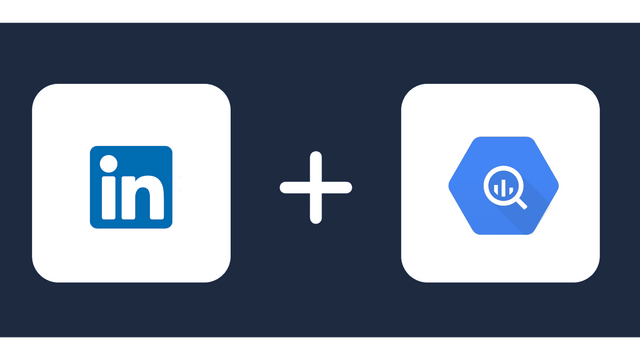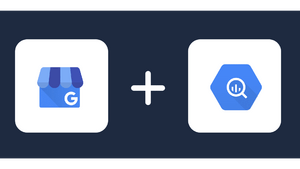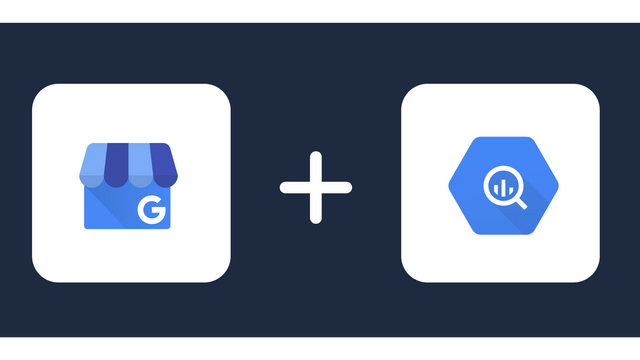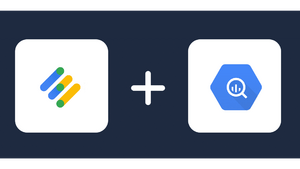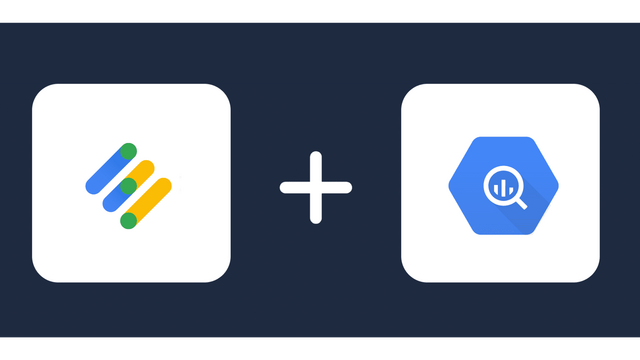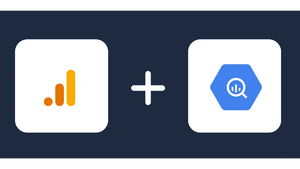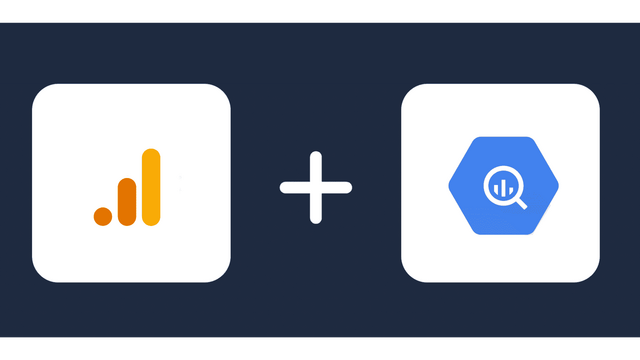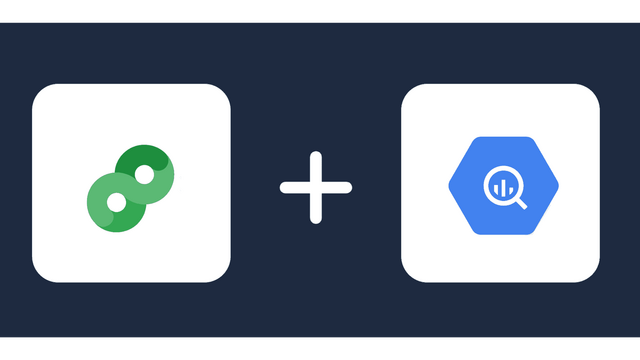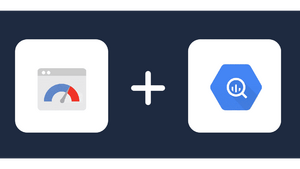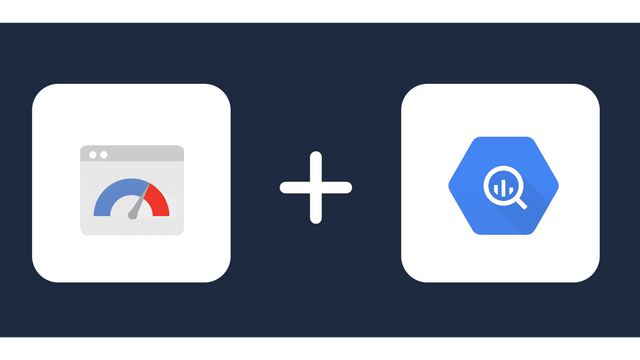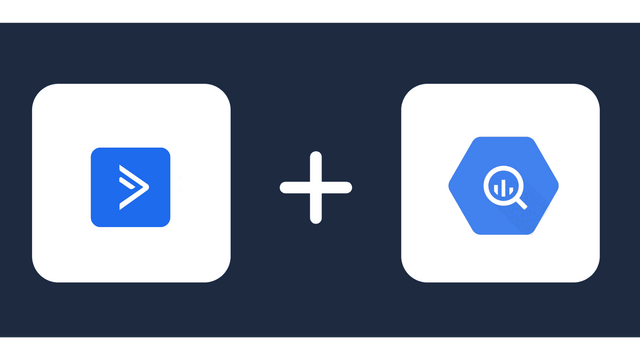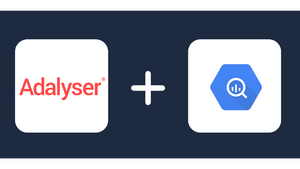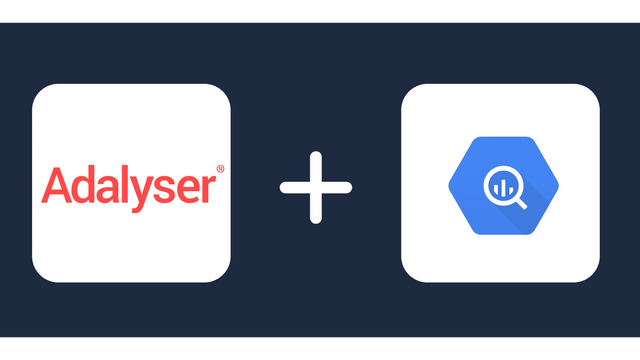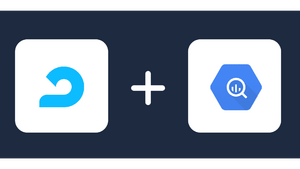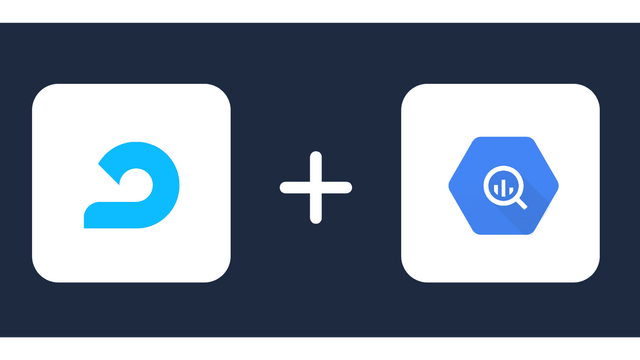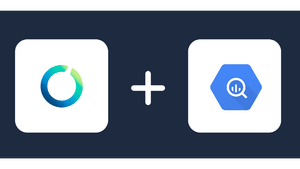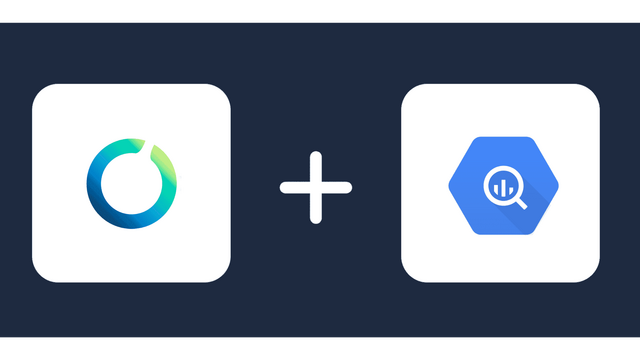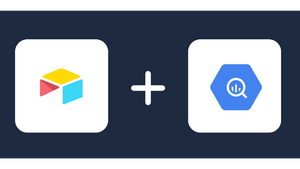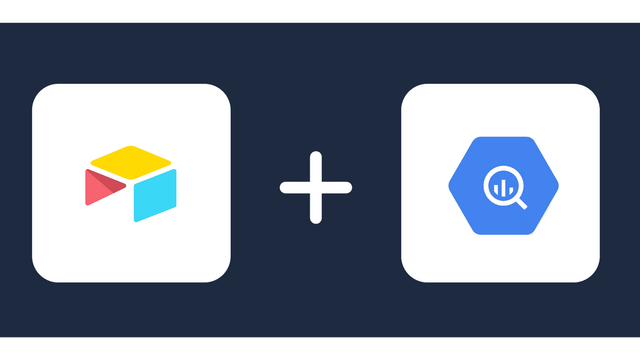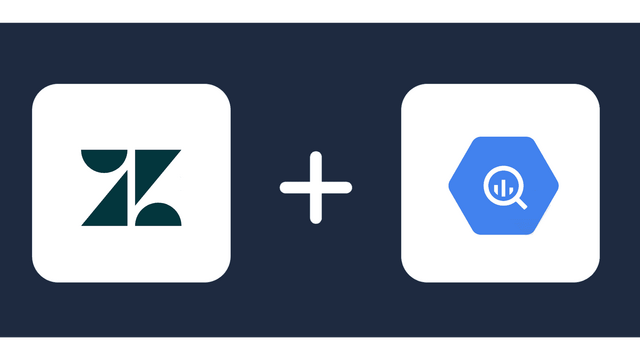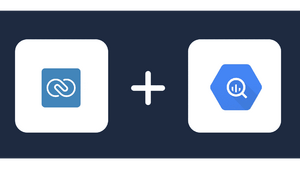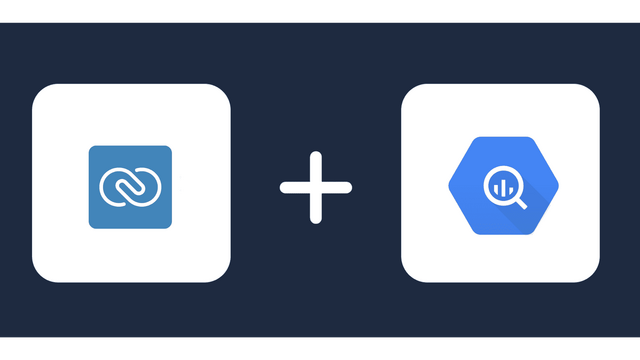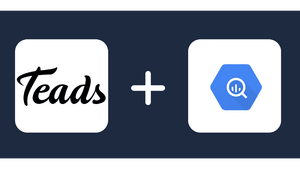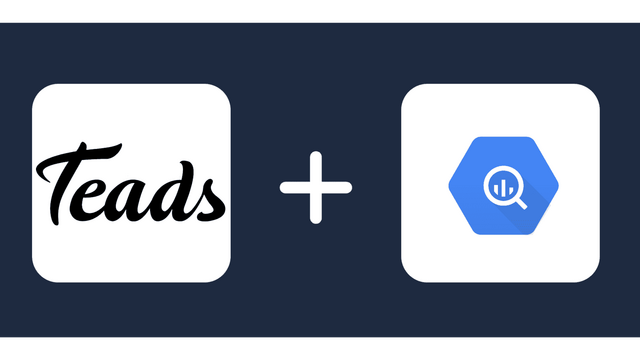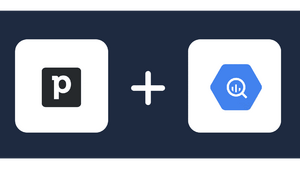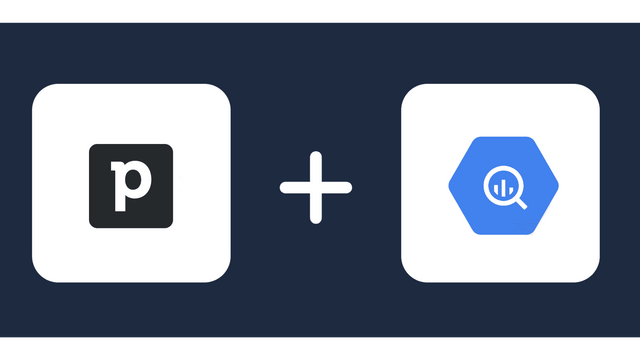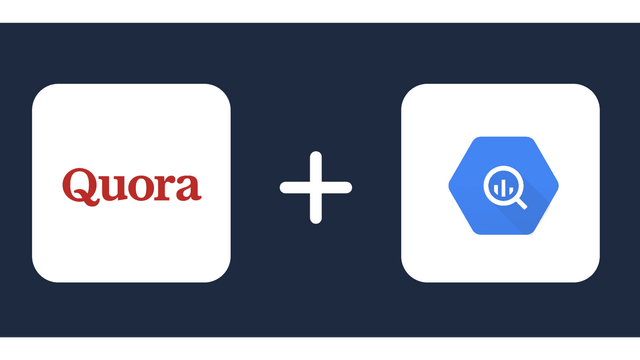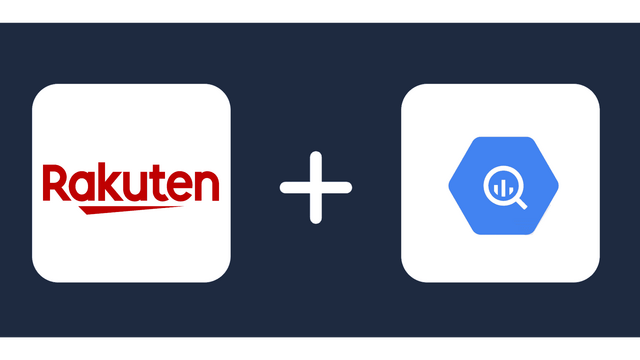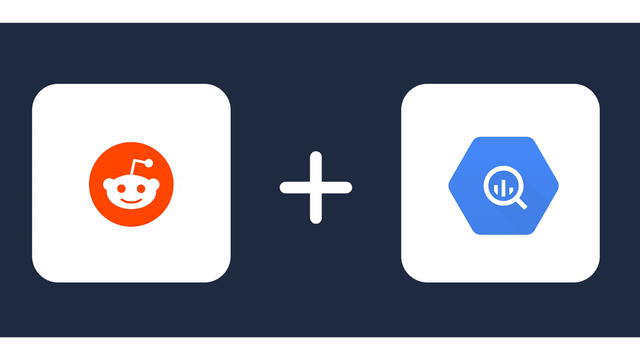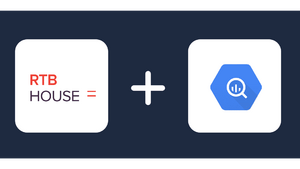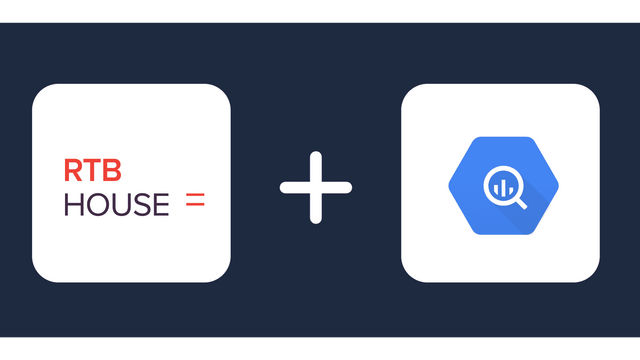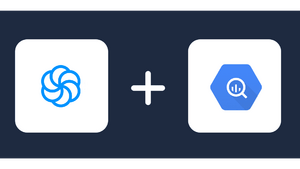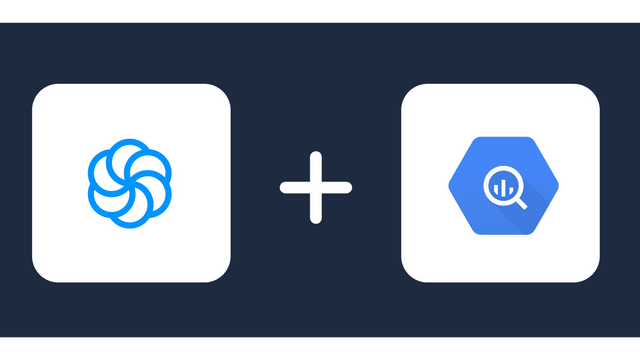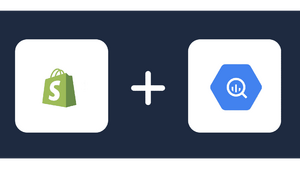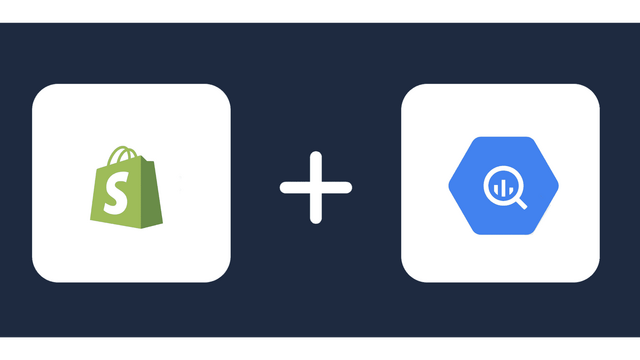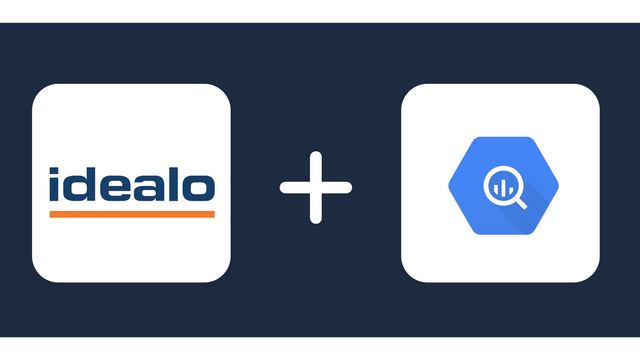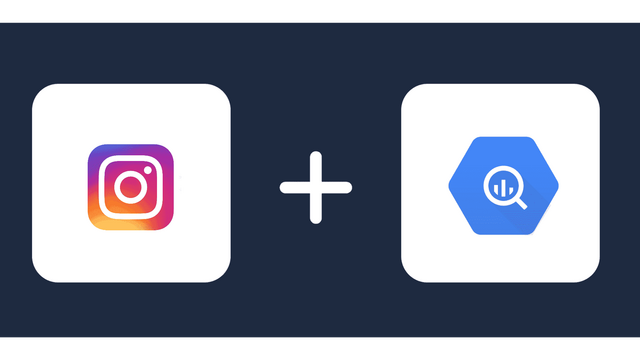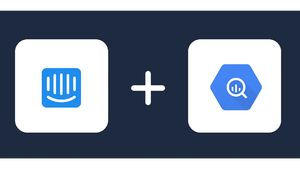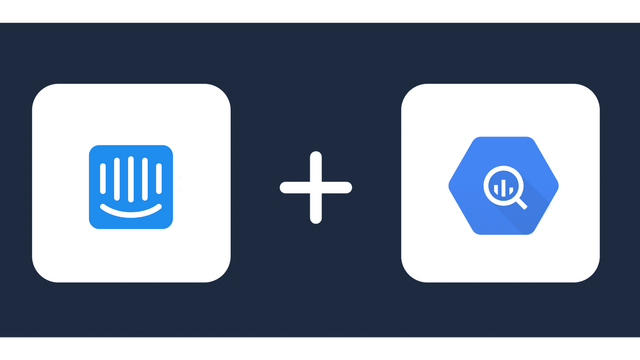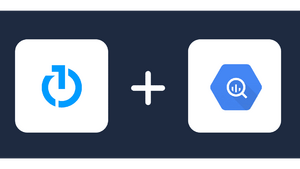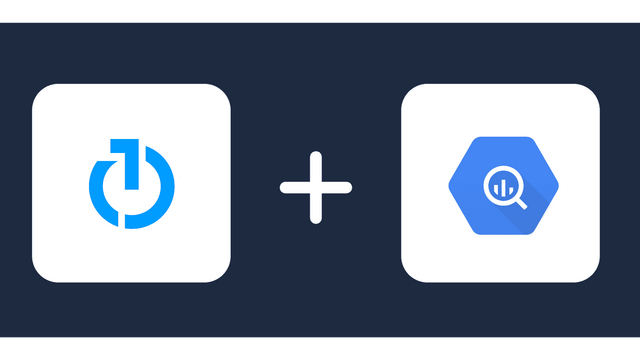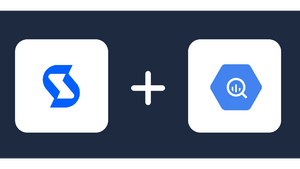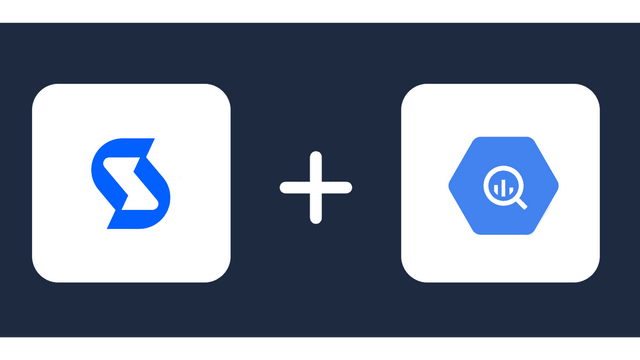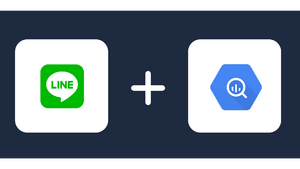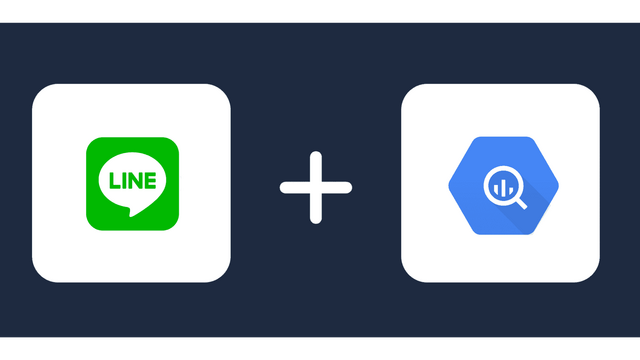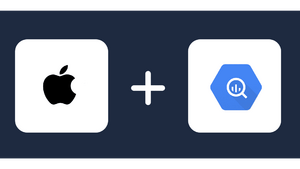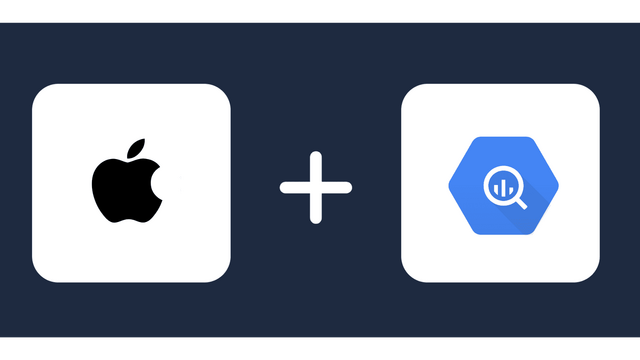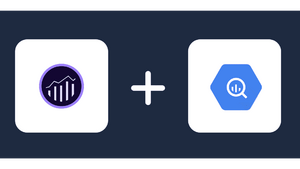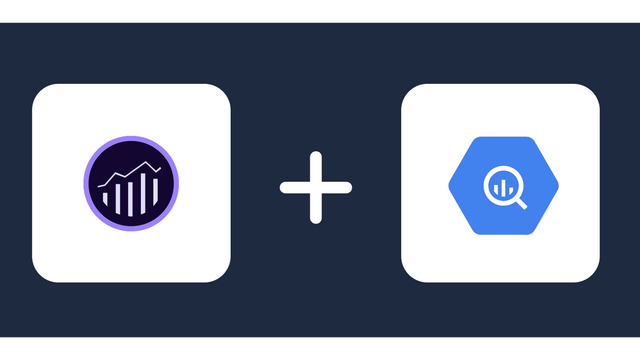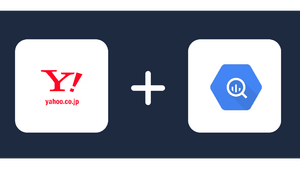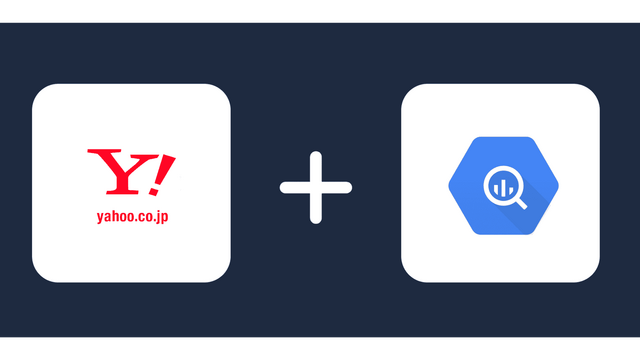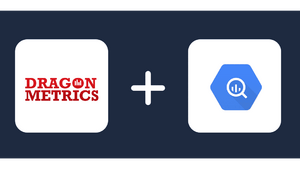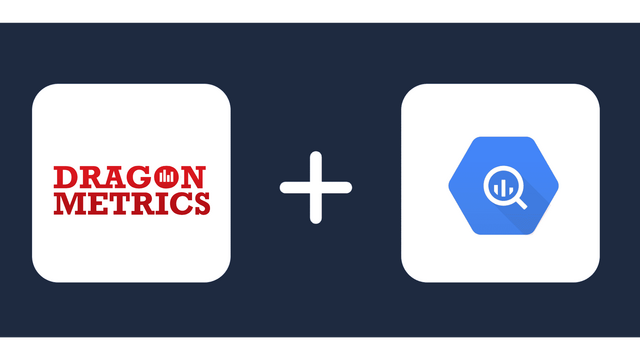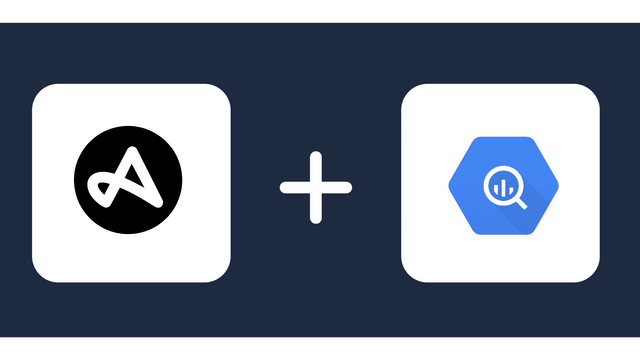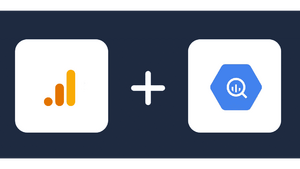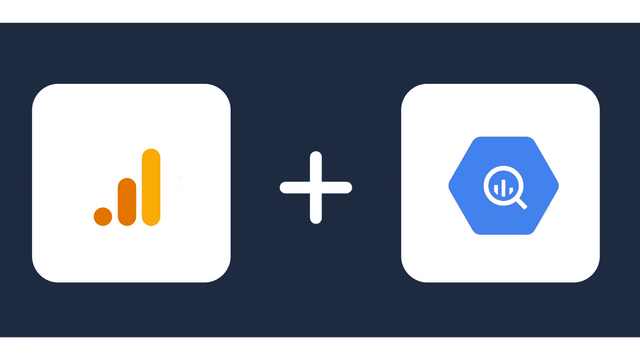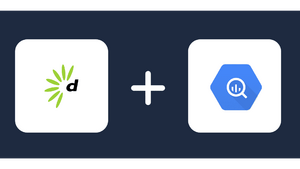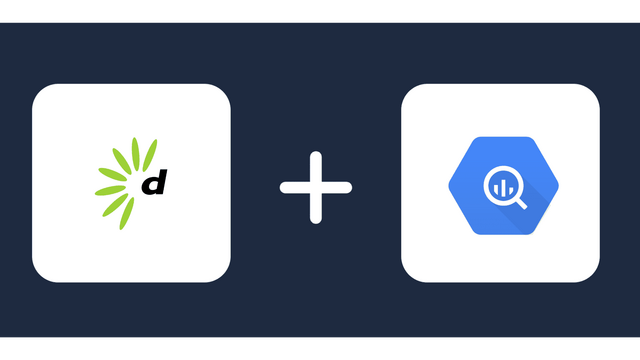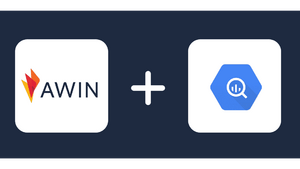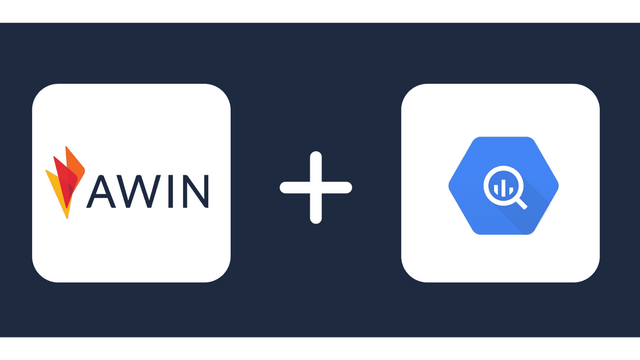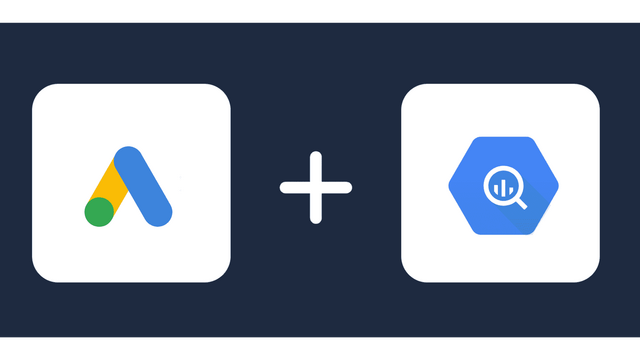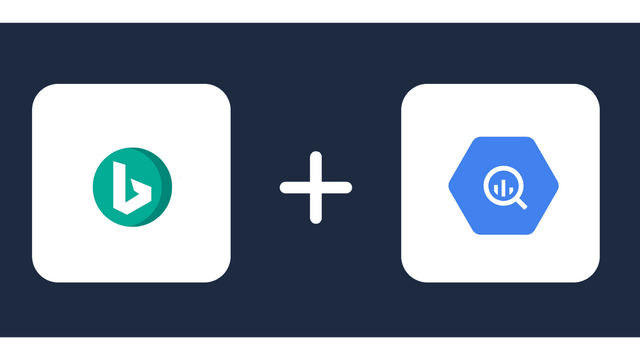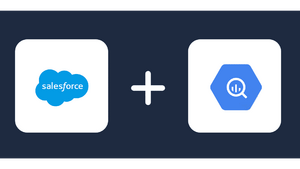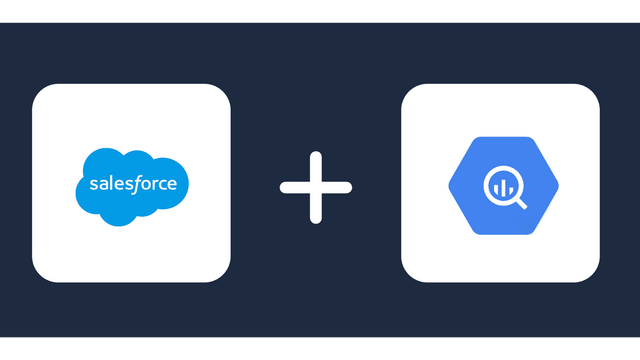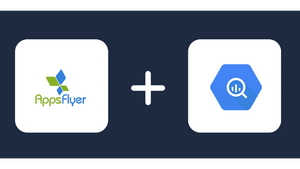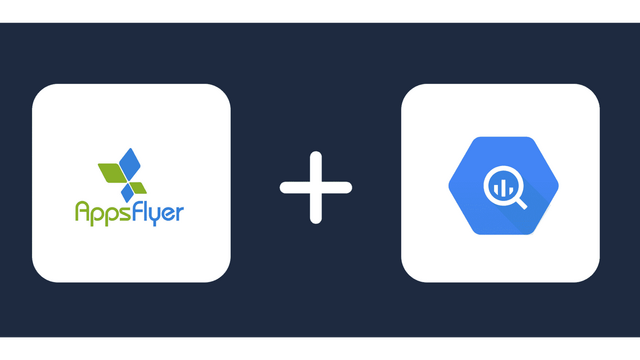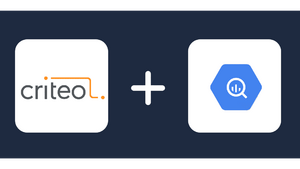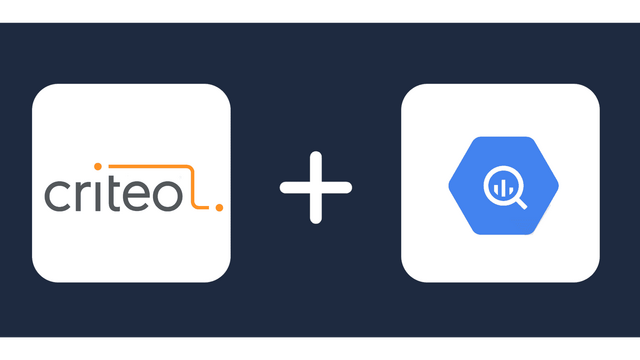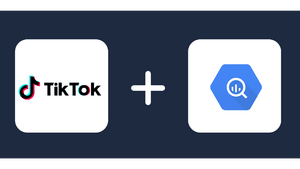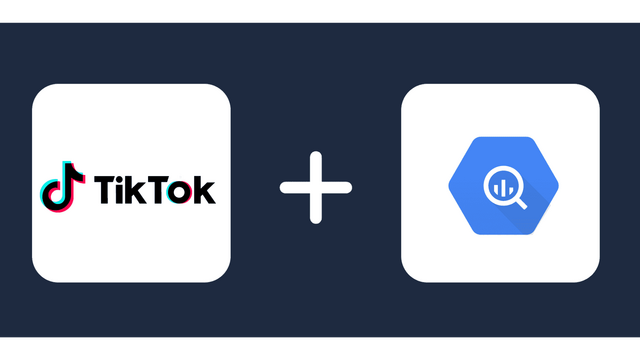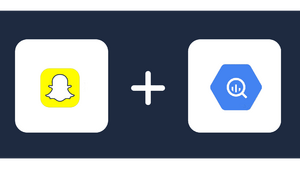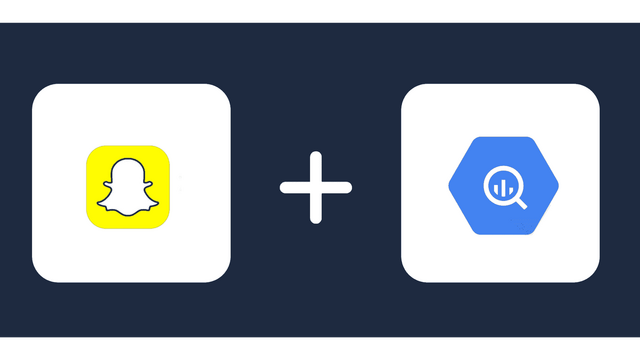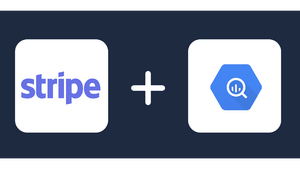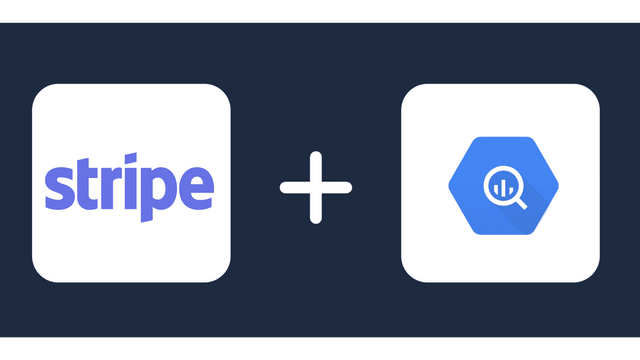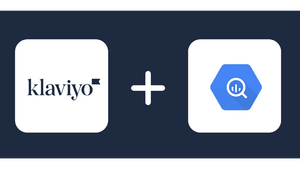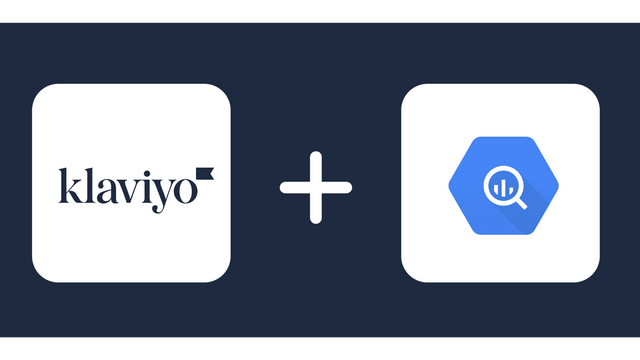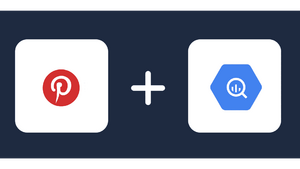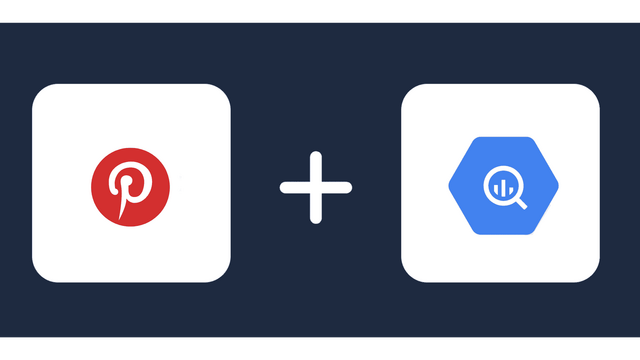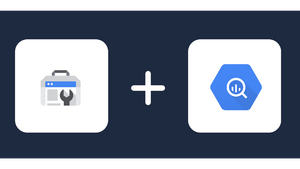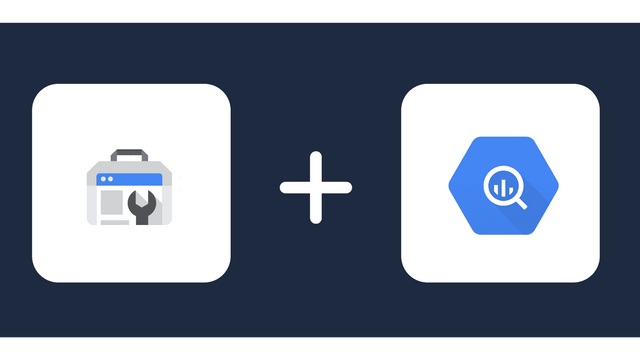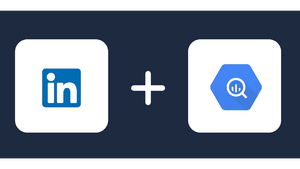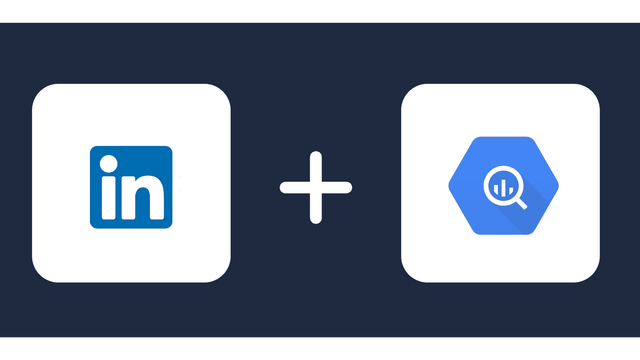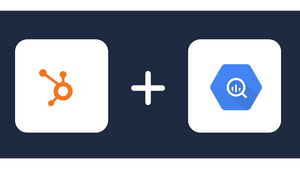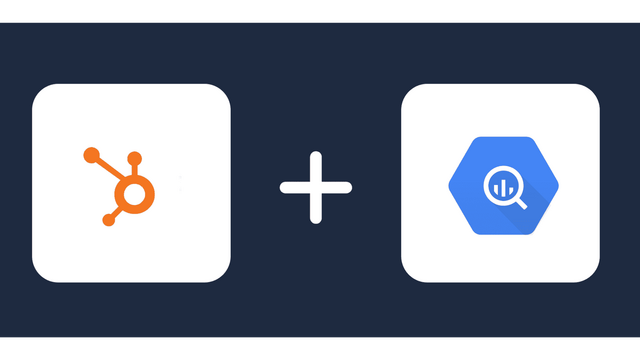
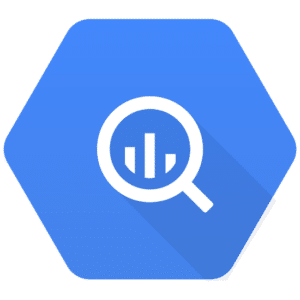
Analyze Mailchimp data with Google BigQuery
About Mailchimp
About Google BigQuery
Connect Mailchimp to Google BigQuery
It is very simple to connect Mailchimp to Google BigQuery, it can be done in a fast and easy manner with Windsor.ai.
First Step:
You need to select Mailchimp as a Data Source and Grant Access to Windsor.ai.

Second Step:
Once you select the data source, click the Next (Data Preview Button).
Select BigQuery by clicking on the logo, as shown in the screenshot below.

Third Step:
Once you select BigQuery, click the Add Destination Task Button and fill out necessary fields .
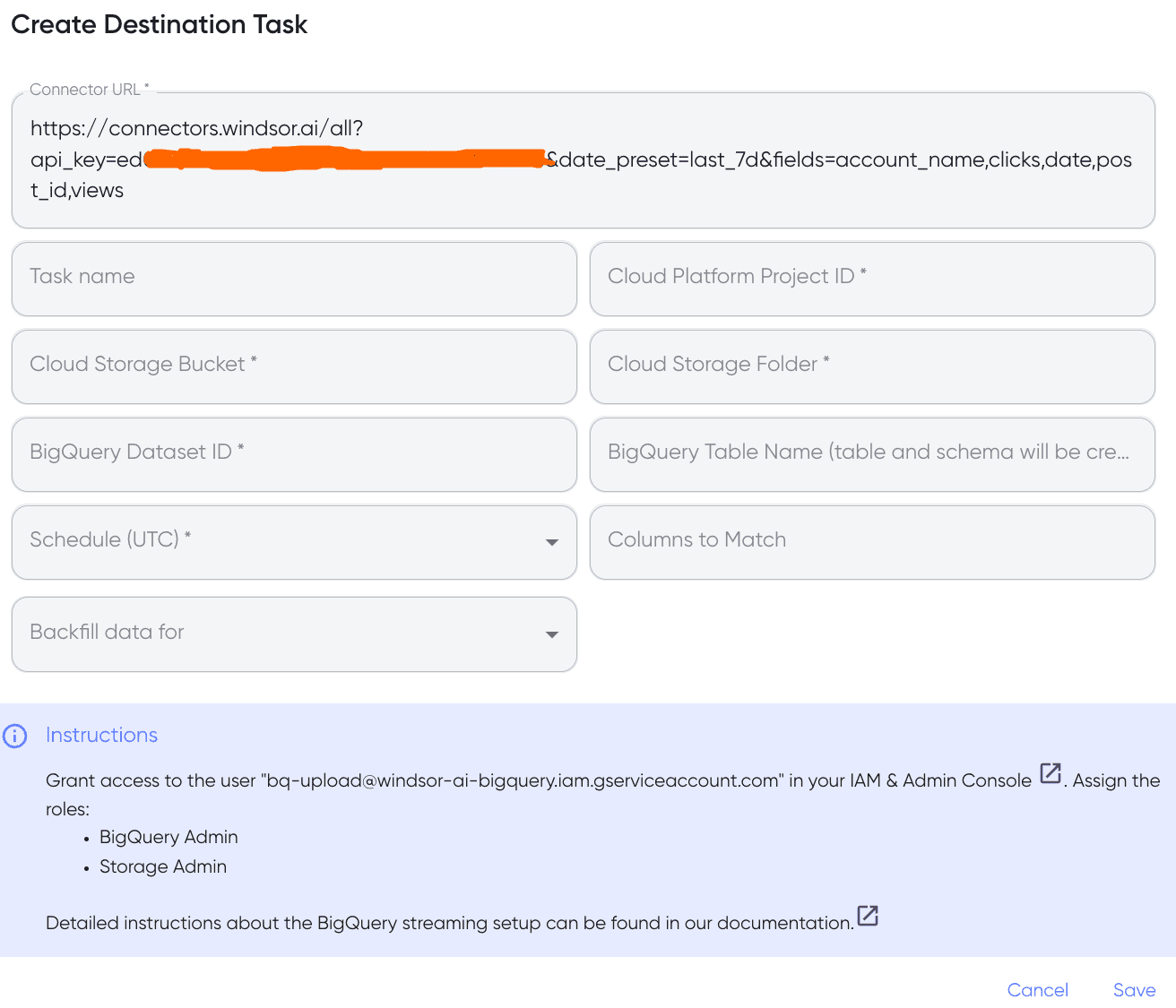
Fourth Step:
In the final step, grant access to the user: bq-upload@windsor-ai-bigquery.iam.gserviceaccount.com. That’s all!
Once you go through these steps, you will see that the data is automatically populated into your BigQuery account.
Note: As a connector URL, you can use any URL providing a JSON. Either from the connectors or for example a URL with cached and transformed data.
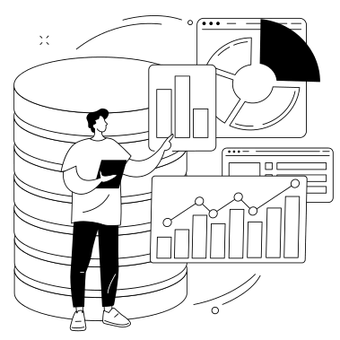
Try Windsor.ai today
Access all your data from your favorite sources in one place.
Get started for free with a 30 - day trial.
Why Connect Mailchimp to BigQuery?
Connecting Mailchimp to BigQuery offers several advantages for businesses looking to leverage their email marketing data for advanced analysis and reporting. Here are some reasons why connecting Mailchimp to BigQuery is beneficial:
- Centralized Data Storage: By integrating Mailchimp with BigQuery, you can centralize all your email marketing data in one location. BigQuery acts as a scalable and flexible data warehouse, allowing you to store and manage large volumes of Mailchimp data efficiently.
- Deeper Data Analysis: BigQuery provides powerful data querying and processing capabilities. By connecting Mailchimp to BigQuery, you can perform advanced analysis on your email marketing data, such as segmentation, trend analysis, cohort analysis, and predictive modeling. This helps you gain deeper insights into subscriber behavior, campaign performance, and overall email marketing effectiveness.
- Cross-Platform Integration: BigQuery allows you to integrate Mailchimp data with data from other sources, such as customer relationship management (CRM) systems, e-commerce platforms, or website analytics tools. This cross-platform integration enables you to analyze the impact of email marketing on customer acquisition, conversion rates, and overall business performance.
- Custom Reporting and Dashboards: BigQuery seamlessly integrates with various business intelligence (BI) tools like Tableau, Data Studio, or Looker. This enables you to create customized reports, interactive dashboards, and visualizations based on your Mailchimp data. You can monitor key performance indicators (KPIs), track email campaign metrics, and share insights with stakeholders in a user-friendly and visually appealing format.
- Advanced Segmentation and Personalization: By combining Mailchimp data with other customer data in BigQuery, you can segment your audience based on various attributes like demographics, purchase history, or engagement levels. This allows you to personalize your email campaigns, target specific customer segments, and improve overall engagement and conversion rates.
- Data-Driven Decision Making: With Mailchimp data in BigQuery, you can make data-driven decisions to optimize your email marketing strategies. By analyzing open rates, click-through rates, conversion rates, and other email metrics, you can identify trends, uncover patterns, and experiment with different campaign approaches to improve overall performance.
- Scalability and Performance: BigQuery’s distributed architecture and serverless model ensure high scalability and performance when handling large volumes of Mailchimp data. You can process and analyze data in real-time or batch mode, depending on your needs, without worrying about infrastructure limitations.
How much time do I need to create a Mailchimp and BigQuery integration?
Windsor.ai’s user-friendly interface allows you to create integrations in less than 9 minutes.
Conclusion
In summary, connecting Mailchimp to BigQuery enables businesses to centralize their email marketing data, perform advanced data analysis, integrate with other platforms, create custom reports and dashboards, personalize campaigns, and make data-driven decisions. This integration allows you to harness the full potential of your email marketing efforts and drive better results for your business.
You can integrate Mailchimp to BigQuery with Windsor.ai, to get analytics-ready data without the manual hassle. Sign up for free.

Try Windsor.ai today
Access all your data from your favorite sources in one place.
Get started for free with a 30 - day trial.
Mailchimp metrics and dimensions available for streaming into BigQuery
Extract Mailchimp data to BigQuery with Windsor.ai
See the value and return on every marketing touchpoint

Providing 70+ marketing data streams, we make sure that all the data we integrate is fresh and accessible by marketers, whenever they want.

Spend less time on manual data loading and spreadsheets. Focus on delighting your customers.




